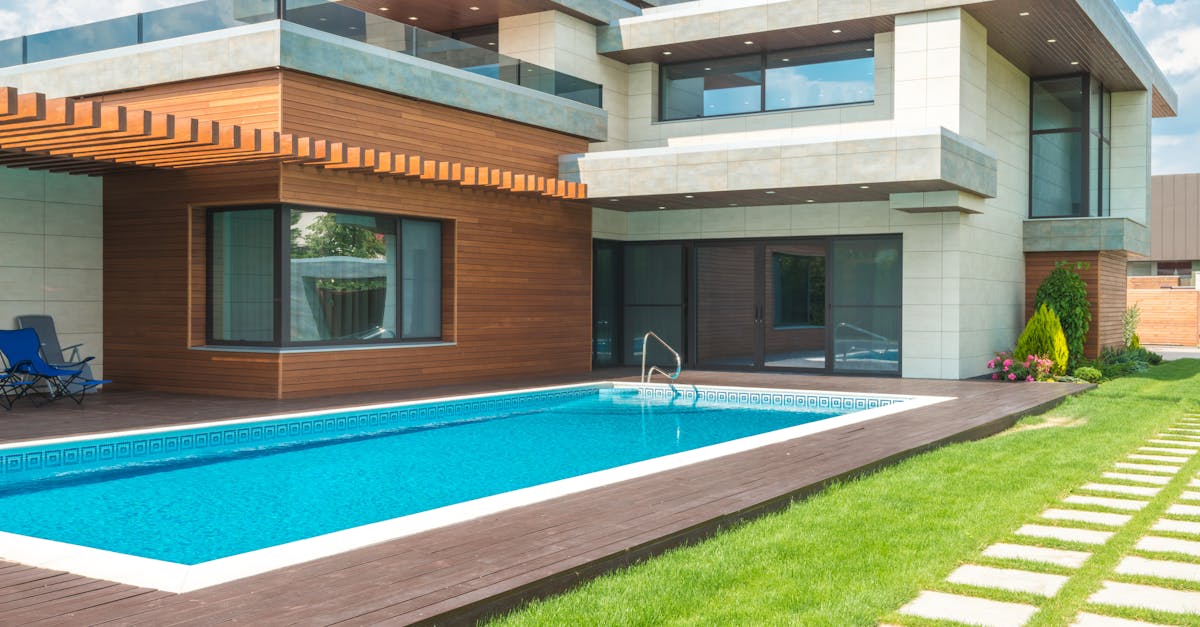In the age of sharing everything from cat videos to vacation photos, it’s easy to overlook the importance of privacy—especially when house hacking comes into play. Imagine turning your cozy home into a money-making machine while sharing your space with strangers. Sounds like a win-win, right? But wait! Before diving headfirst into the world of house hacking, it’s crucial to consider the privacy implications that come with it.
Table of Contents
ToggleUnderstanding House Hacking
House hacking involves homeowners renting out portions of their property to earn income. This practice generates financial benefits while introducing significant privacy considerations.
What Is House Hacking?
House hacking refers to the strategy of utilizing a primary residence to generate rental income. Homeowners might rent out a basement apartment, a room, or even a separate unit. This approach helps mitigate housing costs, allowing owners to cover mortgage payments or utilities. Many individuals supplement their income this way, creating opportunities in the housing market.
Benefits of House Hacking
House hacking offers several advantages. It provides an additional income stream, allowing homeowners to improve financial stability. Renting out space can offset expenses like mortgage payments, property taxes, and maintenance costs. Flexibility exists in choosing tenants, whether they are long-term renters or short-term guests through platforms like Airbnb. Homeowners often benefit from property appreciation while gaining valuable experience in property management.
Privacy Concerns in House Hacking
House hacking introduces potential privacy issues when homeowners share their living space with tenants. Understanding these concerns helps create a comfortable and secure environment for everyone involved.
Shared Spaces and Privacy
Shared areas such as kitchens, living rooms, and bathrooms often lead to privacy challenges. Tenants frequently access these common spaces, which can make it difficult for homeowners to maintain personal boundaries. Homeowners should consider establishing clear guidelines on shared space use. By doing so, they can minimize unwanted intrusions. Organizing designated times for shared space use can also ensure that everyone feels respected. Additionally, having open communication with tenants establishes trust and sets expectations for privacy. This approach fosters a healthy living arrangement, allowing both parties to enjoy their home environment.
Tenant Rights and Privacy
Tenant rights significantly impact privacy in house hacking scenarios. Laws vary by state, defining tenants’ rights to quiet enjoyment in their rented spaces. Homeowners must understand these rights to avoid conflicts. Tenants typically have the right to privacy within their rented areas, including access to their rooms without interruptions. Notifying tenants before entering their space is essential for maintaining trust and respect. Regularly reviewing lease agreements ensures all parties remain informed about privacy expectations and obligations. Awareness of local regulations helps homeowners navigate legal considerations related to tenant privacy.
Best Practices for Maintaining Privacy
Maintaining privacy in house hacking is crucial for both homeowners and tenants. Several strategies can enhance privacy and foster a comfortable living environment.
Designing Private Areas
Creating designated private areas within the home enhances comfort for everyone. Homeowners should consider installing barriers like curtains or screens to delineate shared spaces from personal areas. Designating specific zones for the homeowner, such as a home office or bedroom, fosters a clear distinction. Creating a well-defined entrance for tenants can further establish boundaries. Homeowners might also incorporate private outdoor spaces, ensuring tenants feel that they have their own area. Investing in thoughtful furniture arrangements can also promote privacy in shared spaces.
Implementing Noise Control
Noise control plays a vital role in maintaining a peaceful atmosphere. Homeowners should use rugs, curtains, and soundproofing materials to minimize sound transmission between living areas. Installing door sweeps and weather stripping can prevent sound leakage between rooms. Placing furniture strategically can also block noise from communal areas, helping maintain a quiet environment. Regular discussions with tenants about noise levels encourage mutual respect and understanding. Setting designated quiet hours can establish expectations, further promoting a tranquil living situation. These practices create a more enjoyable experience for all parties involved.
Legal Considerations
Understanding legal aspects is crucial for maintaining privacy in house hacking. Awareness of rental agreements and local laws can help homeowners navigate potential privacy challenges effectively.
Rental Agreements and Privacy Clauses
Rental agreements should clearly outline privacy clauses. Specific provisions can define access to shared spaces, including limits on tenant’s use of personal areas. Establishing clear boundaries promotes respectful cohabitation. Homeowners often customize lease agreements to address privacy concerns directly. Including provisions that detail notice requirements before entering tenants’ spaces reinforces mutual respect. Parties benefit when they understand their rights and responsibilities regarding privacy.
Local Laws Affecting Privacy
Local laws significantly influence privacy expectations. Regulations governing tenant rights vary by state, affecting privacy in shared living situations. Homeowners must research local ordinances to ensure compliance. Some areas require landlords to provide advance notice before entering leased spaces. Understanding these laws prevents misunderstandings and disputes. Staying informed about tenant privacy protections enhances homeowners’ ability to create a secure living environment. Legal awareness contributes to a positive relationship between homeowners and tenants.
Conclusion
House hacking presents an exciting opportunity for homeowners to generate income while managing their living spaces. However it also brings forth essential privacy considerations that mustn’t be overlooked. By establishing clear boundaries and maintaining open communication with tenants homeowners can create a respectful and comfortable environment for everyone involved.
Understanding legal rights and responsibilities is crucial for navigating privacy challenges effectively. Incorporating best practices such as designated private areas and noise control measures can further enhance the living experience. Ultimately a thoughtful approach to privacy in house hacking can lead to a harmonious balance between financial gain and personal comfort.





